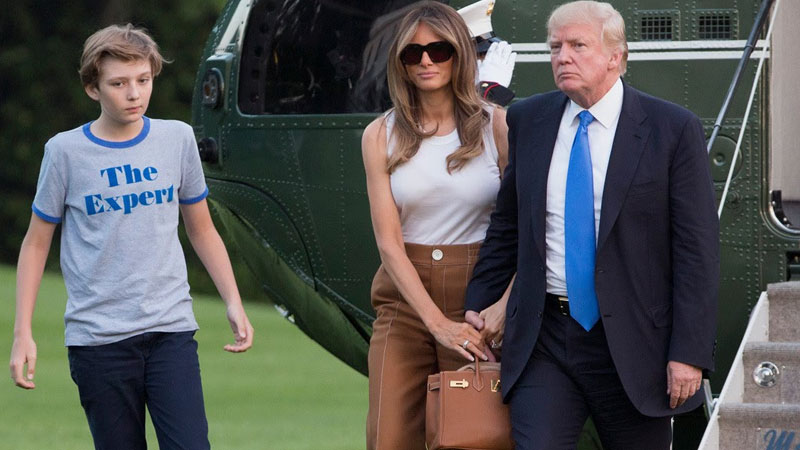Trump’s Legal Team Faces Criticism for Defense in Manhattan Hush Money Trial

BRANDON BELL/GETTY IMAGES
In a critical day at the Manhattan criminal hush money trial involving former President Donald Trump, his legal team faced harsh criticism for their performance. Neal Katyal, a former acting solicitor general, speaking on MSNBC’s program hosted by Ari Melber, characterized the defense’s efforts as “atrocious.” This assessment came after testimony that did not seem to favor Trump’s case.
The day’s proceedings centered around Jeff McConney, the corporate controller of the Trump Organization. McConney provided key testimony regarding his involvement in reimbursing Michael Cohen, Trump’s former attorney and fixer. Cohen had made payments to adult film star Stormy Daniels, which prosecutors allege were deliberately hidden from regulators to avoid scrutiny, told The New York Times.
According to Katyal, the defense’s handling of the testimony was profoundly ineffective and did not serve to mitigate the serious implications of the allegations against Trump. Despite the gravity of the testimony, Trump himself appeared to misjudge the severity of the day’s proceedings. In the courtroom, he was observed making a fist pump gesture, a moment that was captured in courtroom sketches and suggested a disconnect between his interpretation of the trial’s progress and the actual implications of the testimony given.
“According to people in the room, Trump seemed to want a level of solidarity or whatever a fist pump means to him,” said Melber, himself a lawyer. “Again, I’m trying to be fair in my reporting. Even as McConney said things that were incriminating.” “Yeah, I can’t begin to fathom what that fist pump is doing,” said Katyal. “I mean, McConney was very bad for Trump.”
“He said that Weisselberg ordered this grossed-up payment, that it was $180,000 that Cohen spent plus a $60,000 bonus for him,” Katyal continued. “And the prosecutor even asked, hey, have you ever heard of a gross-up anywhere else like this? And you know, he, of course, said no. And the defense by Trump’s lawyer was atrocious. He basically said, look, payments to lawyers by the Trump Organization are legal expenses, right? And then he answered, of course, they are. That’s not the issue, Ari.”
“Of course, if you pay a lawyer generally, that’s a legal expense, but not if you’re doing it for other things that aren’t legal expenses,” he added. “I mean, if I pay a lawyer to give me some cocaine, I can’t say, oh, it’s a legal payment and therefore it’s all hunky-dory. Of course not.”
Katyal’s comments on MSNBC underscored the problematic aspects of the defense’s strategy and execution, suggesting that the day’s testimony could potentially have damaging repercussions for Trump. This view is particularly significant coming from Katyal, given his background and expertise in legal matters at the highest levels of government.
The trial continues to draw intense media coverage and public interest, given its high-profile defendant and the serious nature of the charges, which involve manipulation and concealment in financial dealings. The testimony of McConney is especially crucial, as it directly touches upon the mechanisms by which the alleged hush payments were handled internally within the Trump Organization.
The unfolding events in the courtroom serve as a critical examination of not only the specific charges at hand but also of the broader legal strategies employed by Trump’s defense team. As the trial progresses, the effectiveness of the defense’s arguments and their ability to counteract the prosecution’s narrative will be pivotal in shaping the outcome of the case. The critical commentary by figures like Katyal highlights the challenges faced by Trump’s legal team in navigating a highly charged and publicized legal battle.


